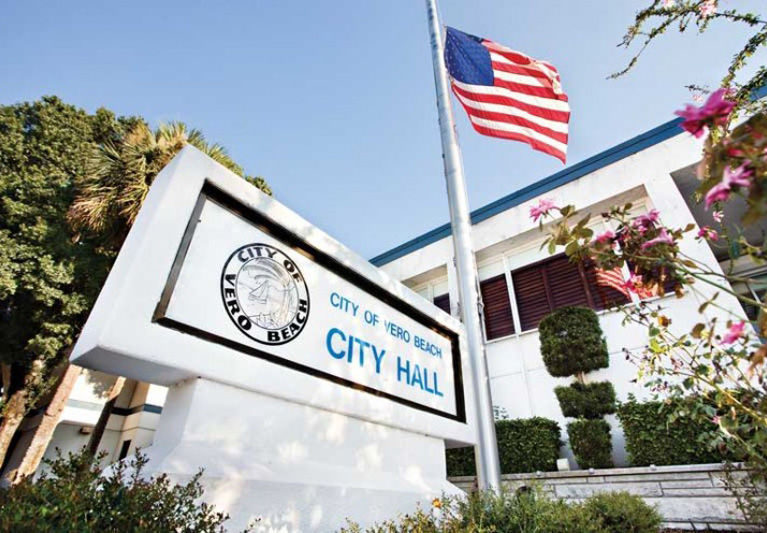
If the Florida Legislature clamps down on municipal utilities that use money from customers outside the city limits to defray city dwellers’ property taxes, Vero Beach’s financial practices – while perfectly legal the way the law reads today – could get some scrutiny at the state level.
In the City of Vero Beach’s last fiscal year prior to the 2019 electric sale, the water-sewer utility had an annual budget of $16.3 million. From that, the utility made a $974,000 contribution to Vero’s general fund, and also was charged $732,000 to cover the cost of running City Hall.
Of that $1.7 million, customers outside the city limits paid approximately 40 percent or $682,000.
In 2019, with the electric subsidy gone, City Hall expenses were re-allocated to the various city departments.
For the 2022-23 fiscal year which began Oct. 1, the water-sewer utility was budgeted to have revenues of $17.4 million, make a $1.03 million direct contribution to the general fund, plus be charged $1.38 million for City Hall operations.
Thus, though the water-sewer utility’s budgeted revenue rose by 6.7 percent between 2018 and 2022, the total transfers were hiked 42 percent to make up for revenue the city was no longer getting from the electric utility.
To put it into perspective, the water-sewer utility – even without increased transfers from the January rate hikes – will add $2.41 million to general fund coffers this fiscal year, roughly 40 percent of which is funded by customers in Indian River Shores and the South Barrier Island.
Utility customers who live outside the city limits – a high percentage of whom are customers in Indian River Shores and the unincorporated part of South Beach – will have $964,000 skimmed off their water-sewer bills this year to subsidize Vero’s general fund.
So overcharging water-sewer customers in Indian River Shores and the South barrier island lets Vero hold down the property tax rate for city residents by diverting from their payments an amount that is about 10 percent of what it collects in taxes from the whole city.
The recently approved “One Rate” plan makes this situation worse for customers outside the city limits.
Water-sewer bills just rose about 15 percent on Vero’s “One Rate” plan, which will apply to seven months of receipts this fiscal year.
Utility customers on the South barrier Island and in the Town of Indian River Shores will pay at least $1 million into Vero’s general fund in the 2022-23 fiscal year through their utility bills.
That’s an average of roughly $250 per year, per household outside the city limits.
When water and sewer rates rise by another 15 percent in October, transfers into Vero’s general fund will increase, too.
With the three compounded rate increases in January, in October and in October 2024, the direct transfers will increase 52 percent over 2022 levels as utility bills and revenues rise.



